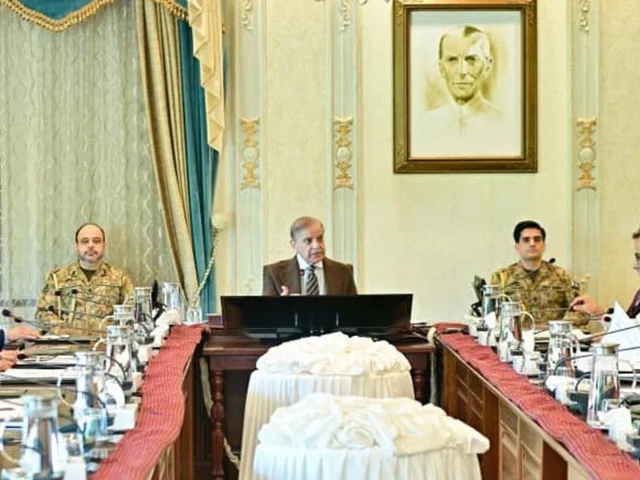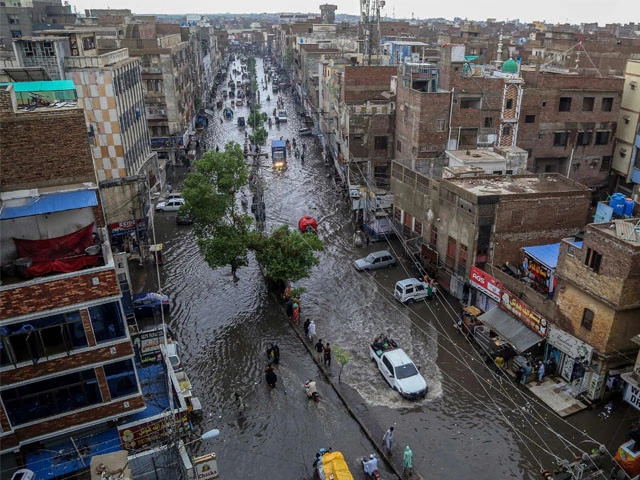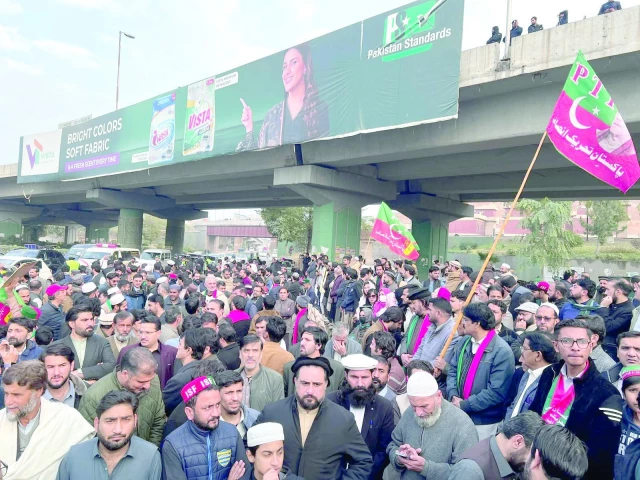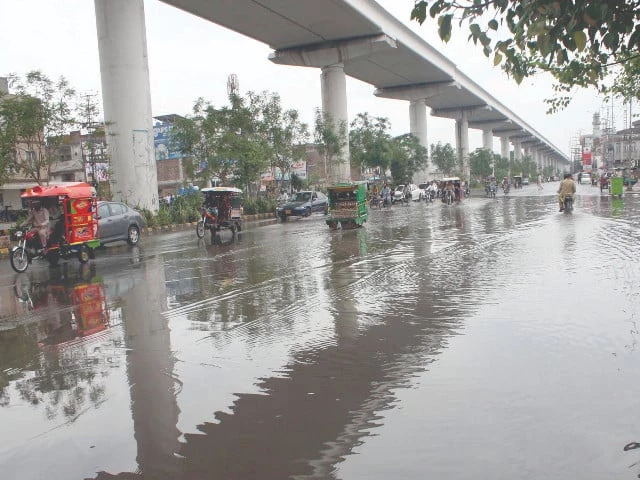How Pakistan is Tackling Climate Challenges Amid Flooding
With recent heavy rains causing devastating floods across Punjab, the urgency of addressing climate change is more apparent than ever. Prime Minister Shehbaz Sharif has proactively directed the Ministry of Climate Change and Environmental Coordination to start preparing for the upcoming 2026 monsoon season. This is not just about putting Band-Aids on current problems; it’s about creating a comprehensive climate resilience action plan within the next two weeks.
During a high-level meeting at the Prime Minister’s Office, the focus was clear: rehabilitation of flood-hit communities must take precedence. The Prime Minister pointed out that areas prone to flooding, particularly those near the southern riverbanks, need to be prepared. This means implementing real-time monitoring systems for evacuations and relief efforts. He even proposed forming a special committee dedicated to ensuring that financial assistance reaches flood victims who aren’t registered with NADRA.
The situation has been precarious, with water levels in rivers like the Ravi, Sutlej, and Chenab surging dangerously close to residential areas. While officials have prepared for flows of up to 1.2 million cusecs of water, current estimates show they are managing around 600,000 cusecs. This could still mean peril for those living near the rivers, underscoring the critical need for coordinated efforts.
In Multan, civil administrations and military units are working together to control the floodwaters and protect vulnerable areas. Restoration efforts have also shown some promise; 80% of the power infrastructure in affected zones is back up and running, and crucial roads and bridges have been repaired to facilitate the movement of relief convoys.
To date, over two million people have been evacuated from flood-prone areas, with more than 4,100 rescued from isolated locations. The federal government has distributed over 6,300 tonnes of relief goods and established over 2,400 medical camps, ensuring immediate healthcare access for those impacted.
Prime Minister Sharif praised the dedicated response from organizations like the National and Provincial Disaster Management Authorities and emphasized that it’s vital to look beyond immediate relief. The increasing intensity and frequency of rainfall due to climate change calls for structural resilience and long-term planning. "We must move beyond short-term relief," he stated.
Compensation efforts are underway for families affected by the floods, with priority given to those who have suffered the most. Chief Secretaries from all provinces and regions, including Azad Jammu and Kashmir and Gilgit-Baltistan, provided updates through video conferencing, showcasing a unified front in tackling this crisis.
As we navigate the complexities of climate change and its effects, it’s a stark reminder that proactive measures are indispensable. Interested in how you can become a part of the dialogue on climate resilience? Explore resources and community initiatives at Pro21st to stay informed and engaged.
At Pro21st, we believe in sharing updates that matter.
Stay connected for more real conversations, fresh insights, and 21st-century perspectives.





